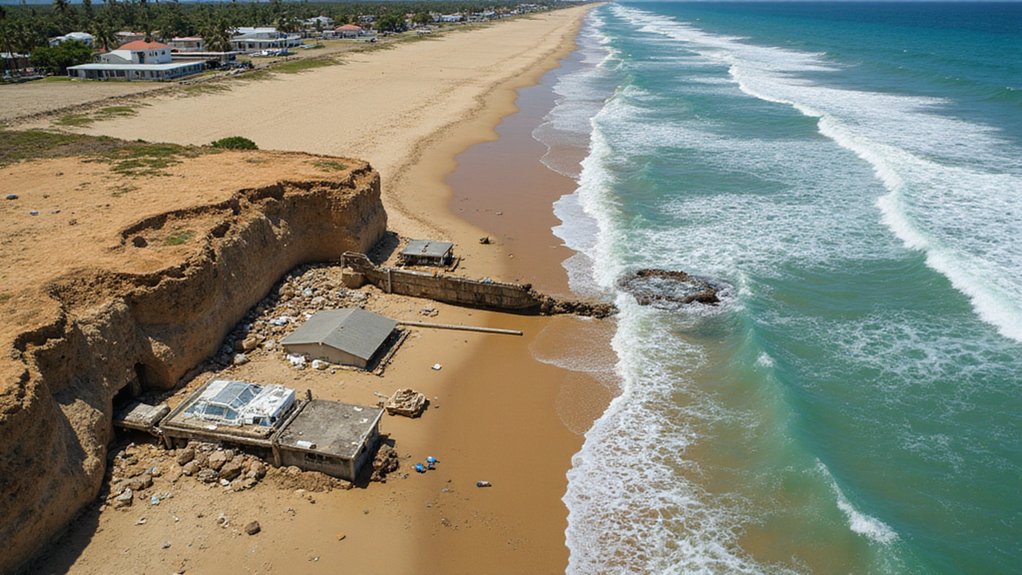The Trump administration has proposed opening Nevada’s Ruby Mountains to oil, gas, and geothermal development, affecting 264,000 acres of federal land. This move eliminates previous environmental protections despite a Forest Service assessment deeming the area unsuitable for energy leasing. Conservation groups, local communities, and the Te-Moak Tribe strongly oppose the plan, citing threats to wildlife habitats, water sources, and cultural heritage. The controversy highlights the tension between energy development and preserving natural resources.
The Trump administration has moved forward with a controversial plan to open up the Ruby Mountains in Nevada for oil, gas, and geothermal development, eliminating previous environmental protections. The proposal affects approximately 264,000 acres of land, including ecologically sensitive areas such as wetlands and wildlife refuges that are home to various species of waterfowl, trout, and largemouth bass.
Opening Ruby Mountains to energy development threatens 264,000 acres of sensitive habitat for native wildlife.
The decision is part of a broader effort by the administration to reduce regulatory barriers for energy projects on federal lands. Executive actions have rescinded climate-focused policies in favor of fossil fuel expansion, aiming to accelerate energy independence by prioritizing resource extraction over environmental safeguards.
The Ruby Mountains, often called Nevada’s “Swiss Alps” due to their natural beauty, serve as the ancestral homeland of the Te-Moak Tribe of the Western Shoshone. Tribal groups have criticized the energy leasing plan for undermining protections for culturally significant lands.
Conservation groups warn that development could cause long-term damage to the area’s scenic and recreational value. This would reverse the previous U.S. Forest Service assessment that deemed oil and gas leasing unsuitable in the Ruby Mountains.
“This isn’t just about the environment; it’s about our economy too,” said one local resident. Communities in the region rely heavily on recreation and tourism industries that depend on the mountains’ pristine condition for activities like hunting, fishing, and birdwatching.
The administration’s policies have simplified the approval process for energy leases while reducing environmental oversight. If the plan proceeds, only Congress would have the authority to create a permanent withdrawal from mining activities in the future.
Critics claim that these changes give energy companies greater autonomy in compliance with environmental safeguards and limit public input in decision-making processes.
Legal appeals by activists have focused on inadequate environmental assessments. The extraction of fossil fuels in the region could potentially contaminate local water sources and destroy natural wildlife habitats, threatening the ecological balance of the Ruby Mountains. Opponents of the plan, including sportsmen and outdoor recreation groups, have called for a science-driven approach, emphasizing the mismatch between short-term energy gains and potential long-term environmental losses.
As the battle over the Ruby Mountains continues, local communities and conservation groups have intensified efforts to protect what they see as an irreplaceable natural treasure against what they consider unchecked industrial expansion.









